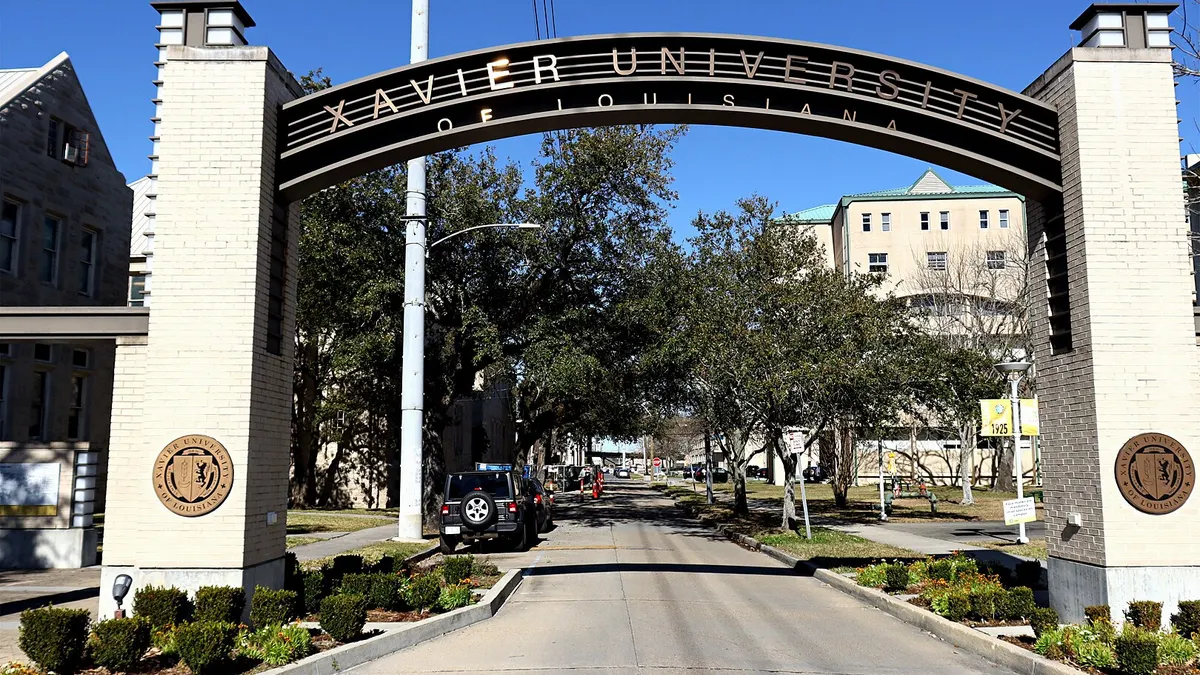Dive Brief:
- Citing an Educause and Jisc report that states future IT leaders in higher ed must bring strategic focus to the role, EdTech Magazine breaks down the importance of the position as campuses are increasingly required to adapt to the technological demands of the 21st Century.
- Strategy in the role must go beyond simply being a middle-man between a college or university's top administrators and IT, addressing how IT fits into the campus overall in relation to its strengths and weaknesses.
- A survey from CIO magazine suggests this is a challenge those in the position (regardless of official title, which can vary) are more than up for as they increasingly tackle business strategy as part of their day-to-day responsibilities.
Dive Insight:
Simply put, CIOs are required now more than ever to be problem-solvers who have a new strategy on-hand for any new tech product the institution can take advantage of.
But the burden isn't entirely on CIOs. As Michael Berman (California State University, Channel Islands), Raechelle Clemmons (St. Norbert College), Kyle Johnson (Chaminade University of Honolulu) and Melissa Woo (University of Oregon) told us last year in our look at how CIOs can lead change on campus, having the support of the college or university's president is key to success, too. Consistency, culture and organizational structure must also be considered — especially if CIO is to remain the best job on campus in the eyes of those holding the position.











